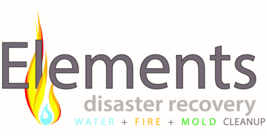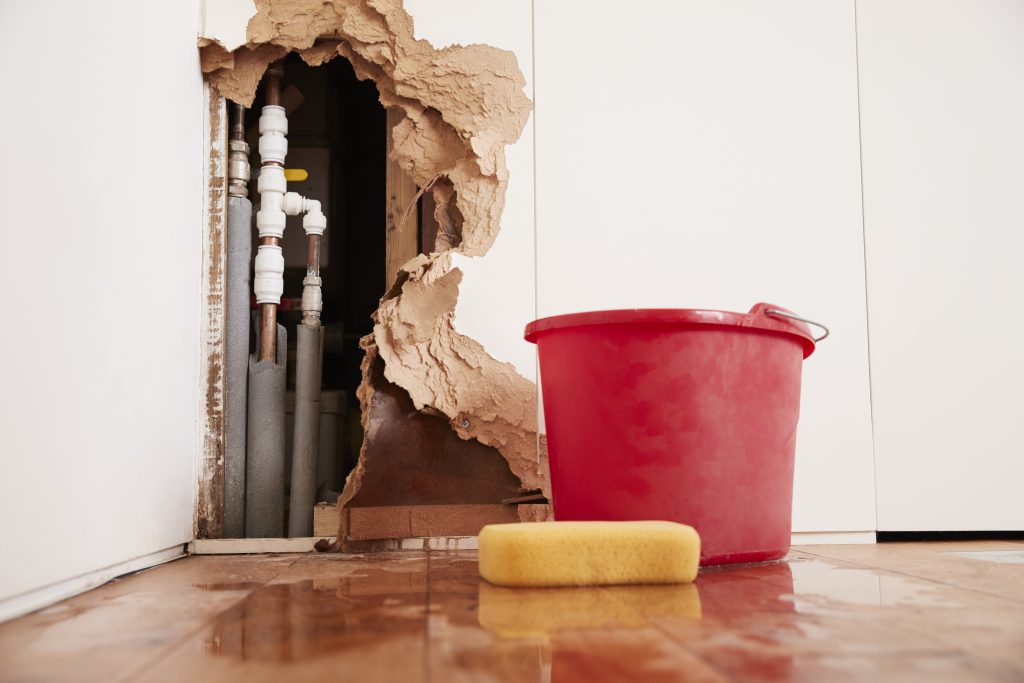It’s easy to think of water damage and flood damage being the same thing…but that’s not exactly true. From insurance perspectives, the two types of damage are very different, and are covered differently (or not covered) as a result. They may also cause different types of damage, depending on the situation. If you are dealing with widespread water-related damage in your home, it’s important to know the different between the two, and which is affecting you.
Water Damage
Water damage is typically 1) relegated to only a specific home for insurance purposes, and 2) not caused by a natural ground source of water. Water damage can be caused by broken pipes, a bad rainstorm, an overflowing toilet, and so on. Water damage insurance is common, but a water damage claim can be trickier to make – generally speaking, if maintenance could have prevented water damage, then insurance companies will be hesitant to cover associated repairs. That’s why maintenance is important!
However, there’s also some good news: Water damage tends to be “cleaner” than flood damage, which means it usually presents fewer health hazards, and less hazard over time, especially if the problem is quickly treated.
Flood Damage
Flood damage refers to damage that 1) usually affects multiple properties or acres and 2) comes from a specific natural ground source of water, including tidal waters, mudflow, lake erosion, and so on. If water damage was so severe that multiple homes in the neighborhood are makes claims, then they should probably be making flood insurance claims. Floor insurance is typically a rider on more common homeowner’s insurance that takes 30 days to take affect (so people can’t purchase it based on weather predictions). Prices vary greatly based on local flood risks.
Flood damage, in addition to being a separate insurance event, also tends to bring more trouble than water damage. The water is usually dirtier and can carry more disease. It also tends to linger longer in the area, creating new threats from bugs and mold. This can make restoration more challenging or time-consuming.
If insurance companies are being especially difficult, they may try to parse out what counts and flood damage and what counts as water damage in a large flooding event. This can lead to many complications, which is only one reason that it’s best to make a water or flood damage claim as soon as you can.
Are you dealing with water damage in your home? Make sure you begin your restoration process the right way! Contact Elements Disaster Recovery today to learn more.

